By Manisha Sahu, America News World
October 12, 2025
Tensions flared along the volatile Pakistan-Afghanistan border late Saturday night, as intense firefights broke out between Pakistani and Afghan Taliban forces at multiple locations. The clashes followed a recent Pakistani airstrike near Kabul that Islamabad said targeted senior leaders of the Tehrik-i-Taliban Pakistan (TTP), also known as the Pakistani Taliban.

According to Pakistani security officials, Afghan forces launched an “unprovoked” assault on several border posts, prompting the Pakistani military to respond “with full force.” The exchanges reportedly took place at more than six points along the 2,600-kilometer (1,615-mile) border, including in the rugged tribal regions that have long served as flashpoints for cross-border violence.
Night of Heavy Exchange
Video footage shared by Pakistani security personnel showed the sky lit up by artillery fire and tracer rounds as Pakistani forces returned fire toward Afghan positions. “Our forces are responding with full force to unprovoked firing from across the border,” a senior Pakistani military official told America News World on condition of anonymity. “The exchange continues at several locations, and we are defending every inch of our territory.”
Pakistani military sources claimed that several Afghan border posts had been “destroyed” during the fighting. In contrast, Afghan Taliban officials asserted that their troops had seized three Pakistani border posts in retaliation for the earlier airstrike.
“The operation has ended successfully, and our forces have captured three Pakistani check posts,” an Afghan defense source in Nangarhar province said.
Also read:-Bangladesh Court Orders Arrest of Ex-PM Hasina for Human Rights Abuses
Taliban Calls It Retaliation for Airstrike
Enayatullah Khowarazmi, spokesperson for Afghanistan’s Ministry of Defense, confirmed that the cross-border assault was “a retaliatory response” to what he described as Pakistan’s “violation of Afghan airspace.”
“If the opposing side again violates Afghanistan’s airspace, our armed forces are prepared to defend the sovereignty of our territory and will deliver a strong response,” Khowarazmi said. He added that the exchange concluded around midnight local time.
The Taliban government in Kabul has long accused Pakistan of conducting unauthorized air operations in Afghan territory under the pretext of targeting militants. Saturday night’s confrontation marks one of the most serious escalations between the two neighbors since the Taliban returned to power in August 2021.
Pakistan’s Target: TTP Leadership in Kabul
Earlier this week, Pakistani security officials confirmed to Reuters that Islamabad had carried out an airstrike in Kabul targeting the leader of the Pakistani Taliban. The militant leader was reportedly traveling in a vehicle at the time, but it remains unclear whether he survived the attack.
Pakistan’s military and intelligence agencies have repeatedly accused the Afghan Taliban government of harboring militants from the TTP, who have claimed responsibility for dozens of attacks inside Pakistan in recent months.
Islamabad insists that many of these fighters enjoy safe havens across the border and receive logistical support from elements within Afghanistan. The Pakistani government has also accused India of backing such groups to destabilize Pakistan — a claim New Delhi has consistently denied.
Growing Diplomatic Strain
The latest border clashes come at a time of rising mistrust between Islamabad and Kabul. Pakistan has warned the Taliban government that its patience is “wearing thin” over its failure to curb cross-border terrorism.
Complicating matters further, Afghanistan’s acting foreign minister, Amir Khan Muttaqi, made a landmark visit to India earlier this week — the first by a senior Taliban official since the group’s return to power. The two sides reportedly discussed strengthening economic and diplomatic ties, a move that has caused unease in Islamabad.
A senior Pakistani diplomat, speaking off the record, told America News World that the visit “sent a troubling signal” to Pakistan at a time when militant attacks inside the country have sharply increased. “The Taliban must decide whether they stand with the forces of peace and cooperation or continue to give space to terrorists operating from their soil,” the diplomat said.
Escalating Violence Along the Border
The Durand Line — the contested boundary drawn by British colonial authorities in the 19th century — remains a persistent source of friction between Pakistan and Afghanistan. Since the Taliban takeover, the number of skirmishes and armed incidents along the border has surged.
In 2023 and 2024, Pakistani and Afghan forces engaged in multiple deadly exchanges over border fencing and control posts. Despite repeated diplomatic engagements, both sides have failed to establish an effective mechanism for managing cross-border security.
Regional analysts warn that the latest firefights could push both sides toward a deeper confrontation if not quickly contained. “This escalation is extremely dangerous,” said Dr. Farzana Shah, a defense analyst based in Islamabad. “Both countries are dealing with fragile economies and internal instability. A prolonged border conflict could destabilize the entire region.”
Regional Implications
The renewed hostilities come amid broader regional realignments. With Washington’s influence in Afghanistan diminished since the U.S. withdrawal in 2021, regional powers — including China, India, Iran, and Russia — have sought to fill the vacuum.
Pakistan, once seen as the Taliban’s key patron, now finds itself in a tense standoff with the same group it helped bring to prominence. The confrontation also raises concerns about cross-border militancy spilling over into neighboring countries, undermining efforts to maintain fragile regional peace.
As of Sunday morning, neither side had confirmed whether the clashes had ceased entirely. However, both militaries remained on high alert along the border, with residents in nearby towns reporting the sound of intermittent gunfire through the night.
The latest flare-up between Pakistan and Afghanistan underscores the fragile nature of their bilateral relationship and the persistent instability along one of the world’s most volatile frontiers. With accusations, airstrikes, and retaliatory attacks mounting, the risk of a wider military conflict looms large unless both sides exercise restraint and reopen diplomatic channels.
Discover more from AMERICA NEWS WORLD
Subscribe to get the latest posts sent to your email.
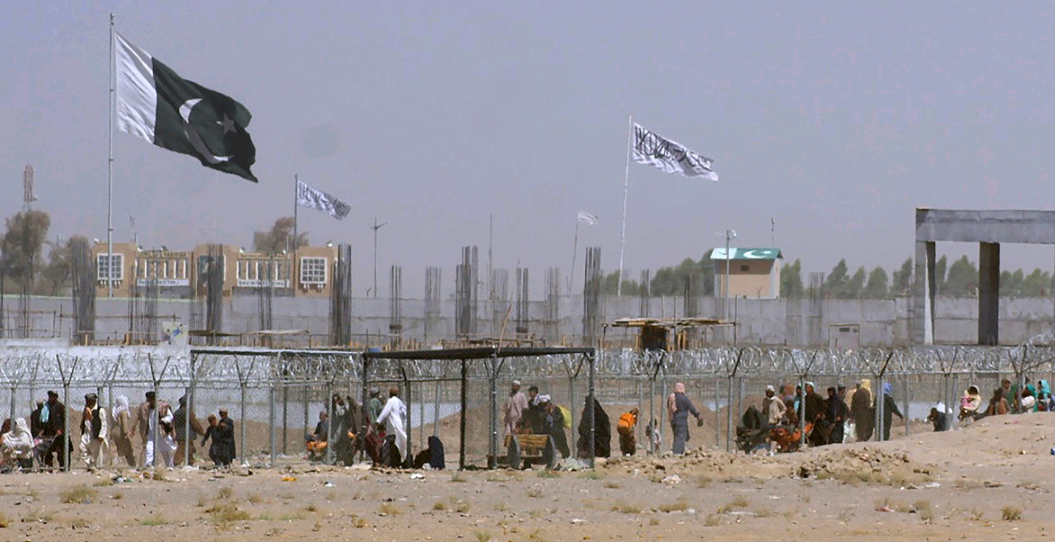




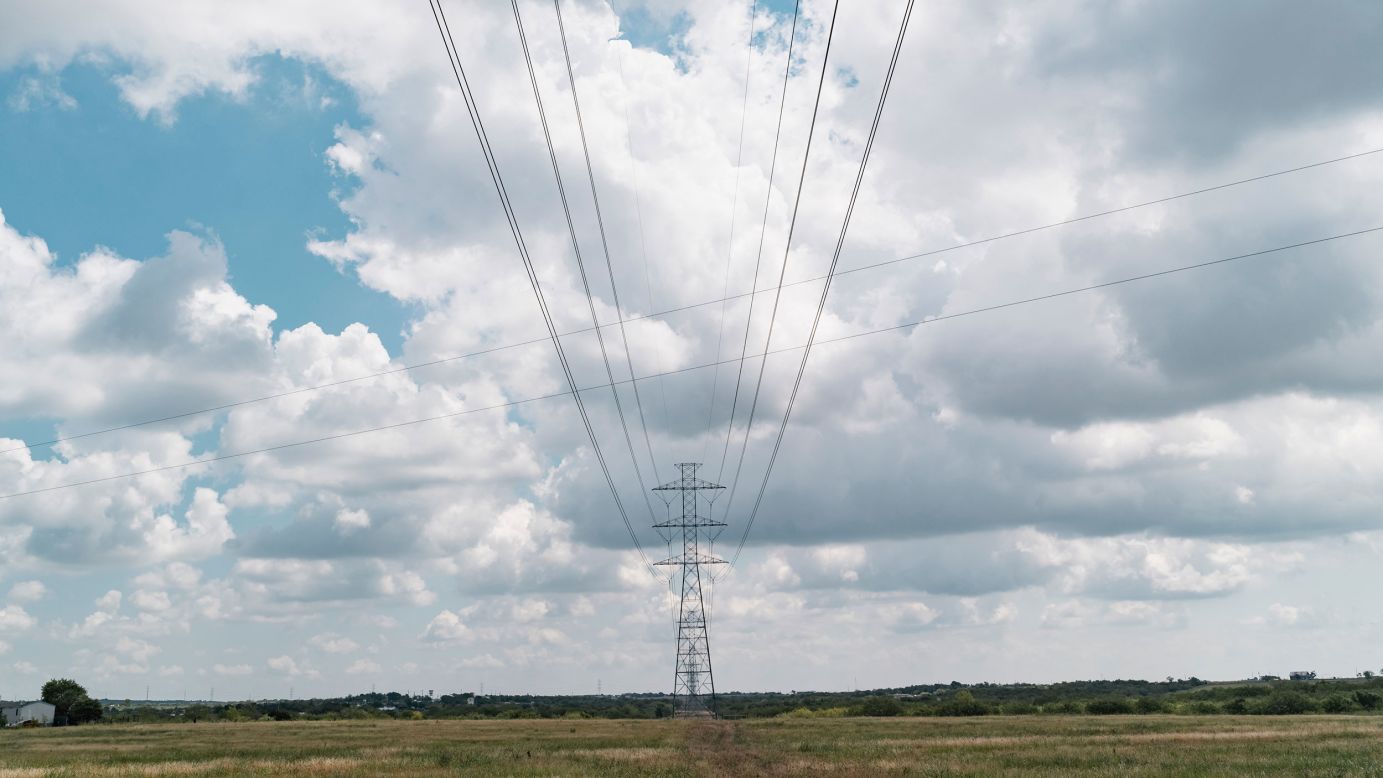







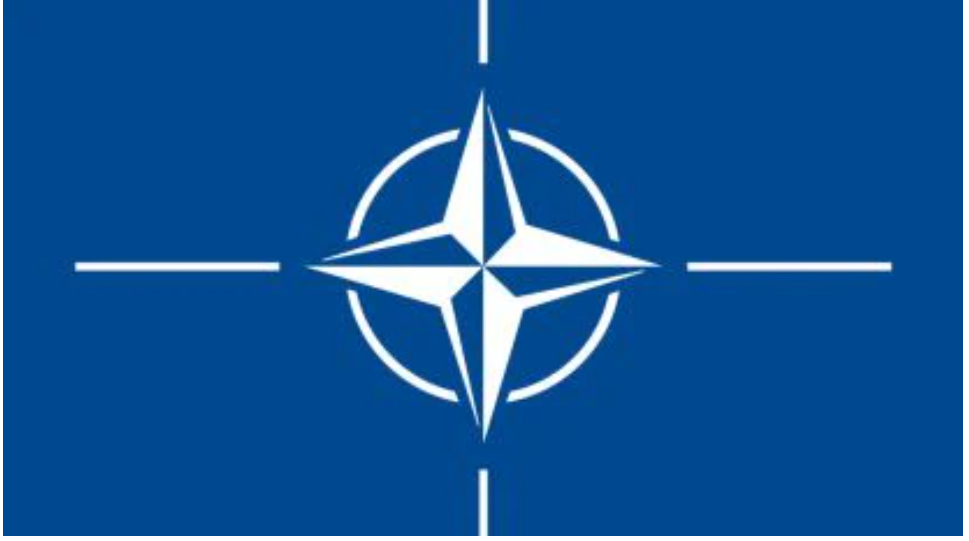


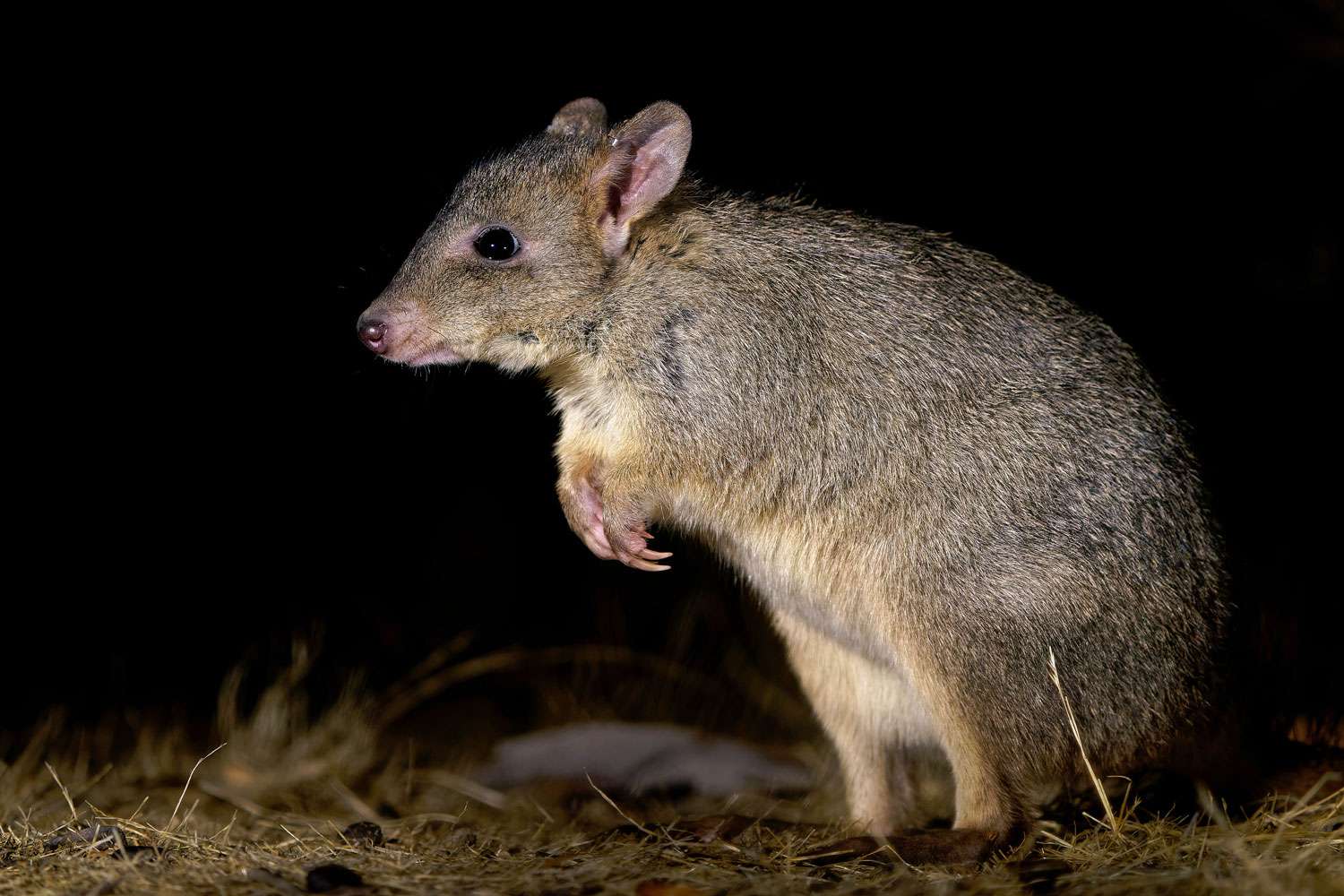

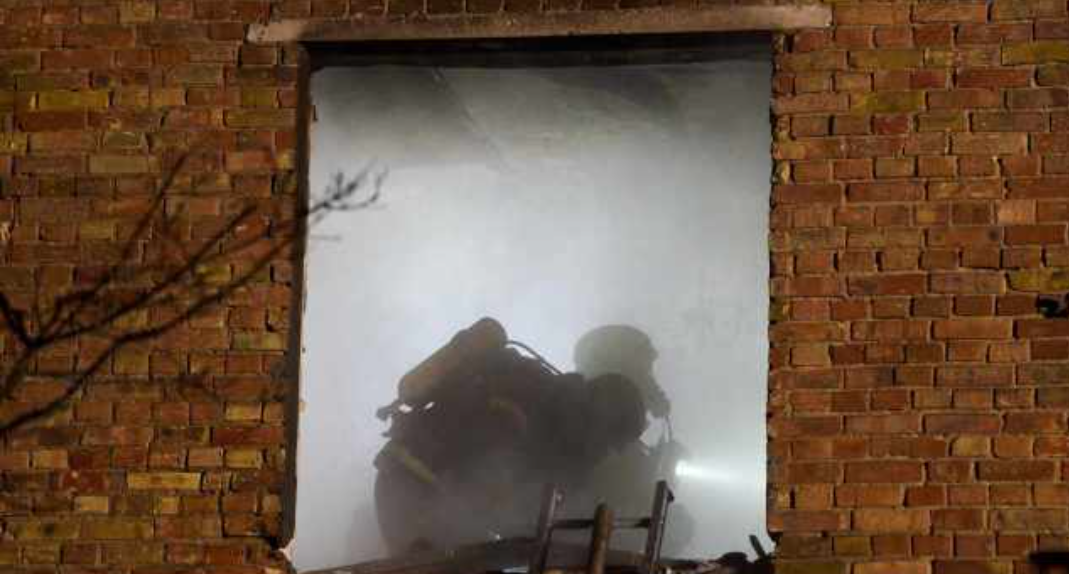



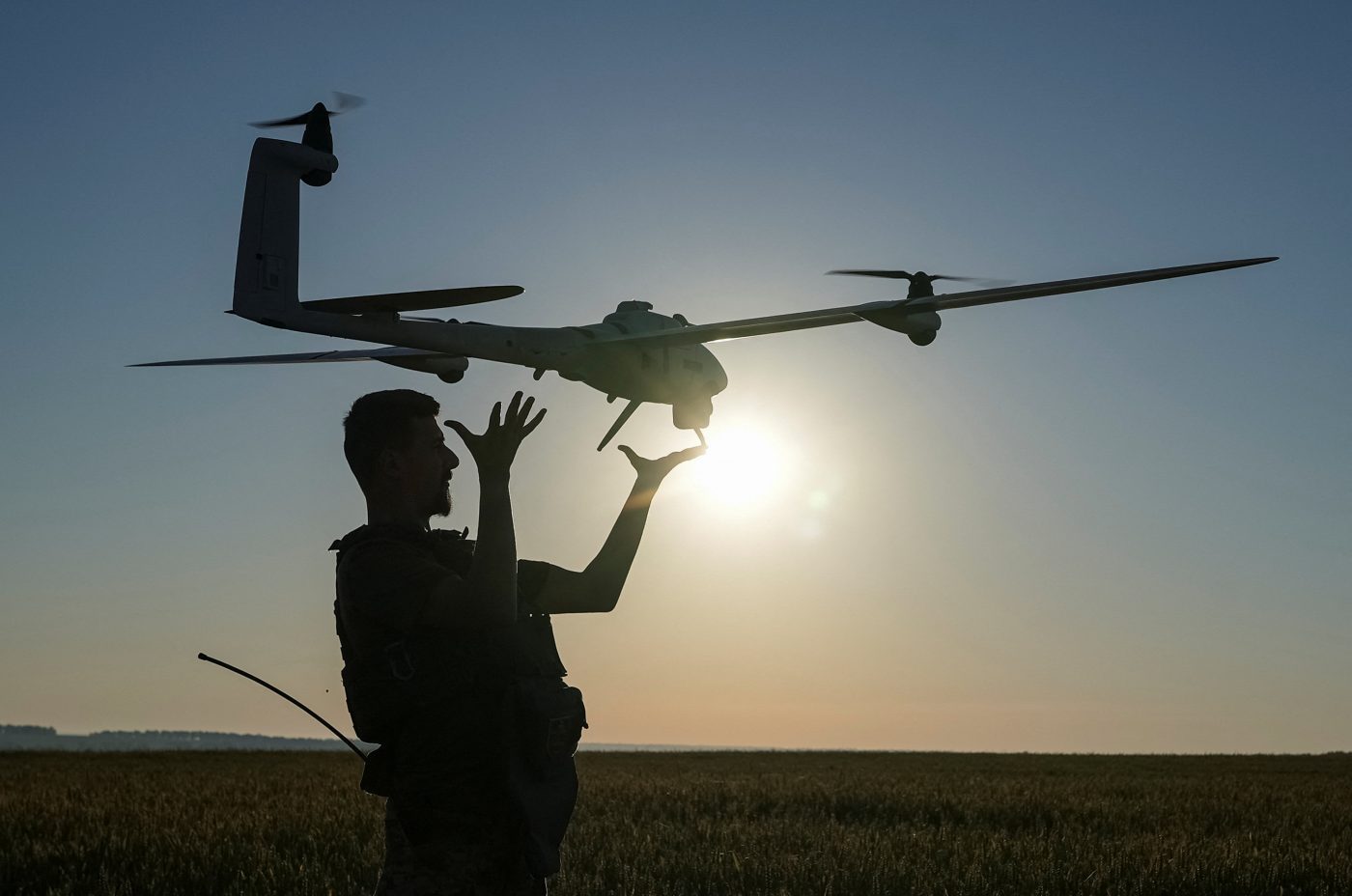









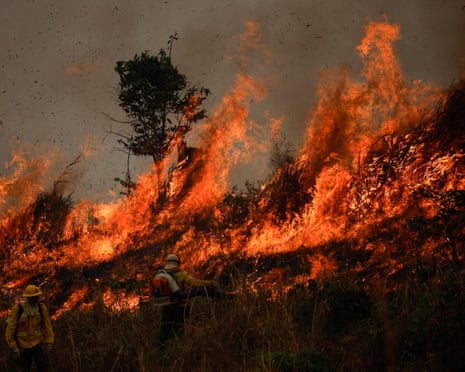
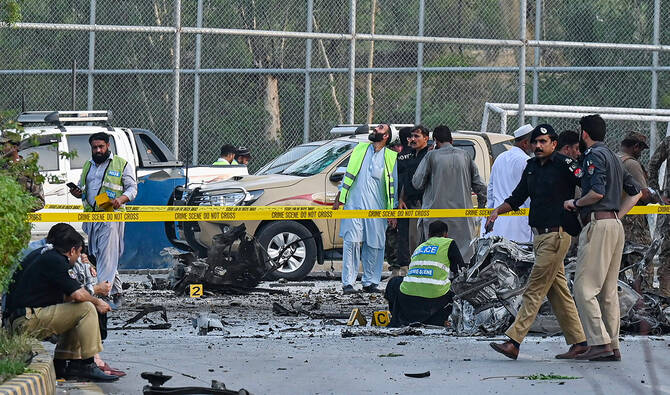


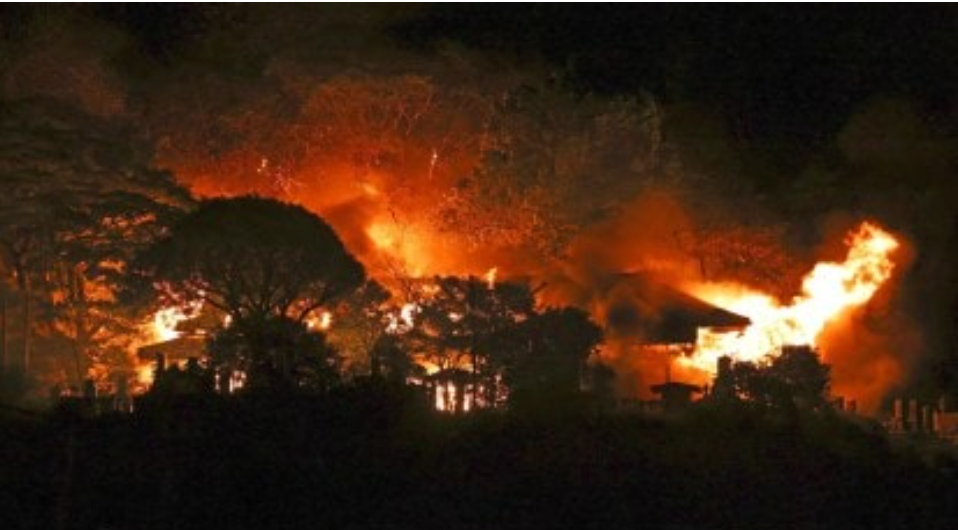




Indian Army Boosts Border Security, Seals Key Passes Before Harsh Kashmir Winter - AMERICA NEWS WORLD
[…] Pakistan, Afghanistan Exchange Heavy Fire Along Border After Kabul Airstrike […]